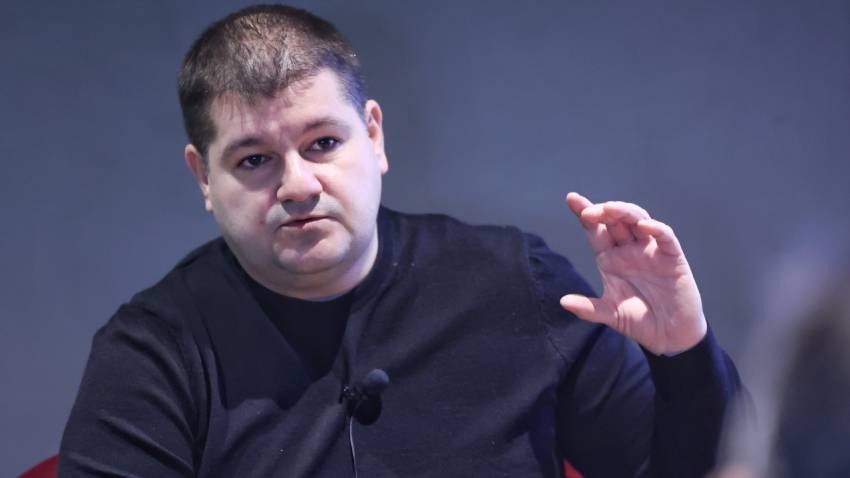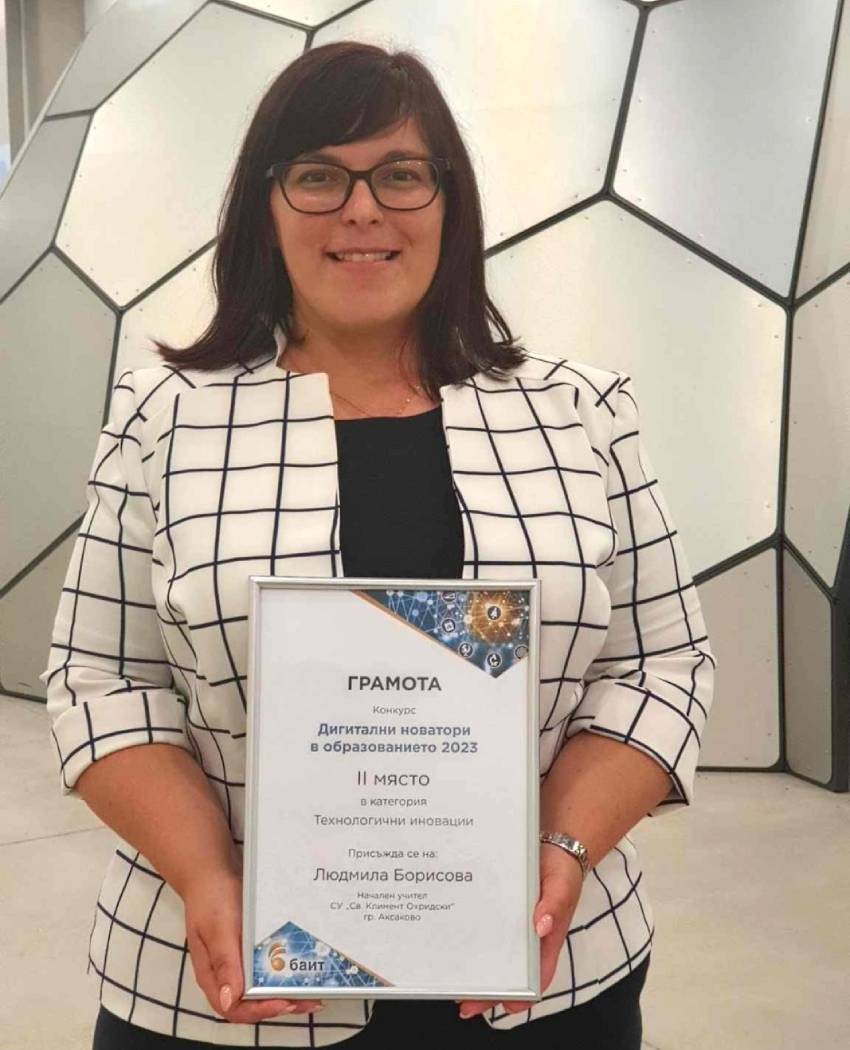Teachers in Bulgaria increasingly resort to artificial intelligence (AI) in their daily work with students. As a specialist in the subject, Dobroslav Dimitrov from the Bulgarian Association of Software Companies, together with his partners, already trains primary school teachers how to exploit the benefits of AI. For example, how to use ChatGPT to prepare their biology lesson about bees, but in a way that will attract the interest of children of the TikTok generation who are bored in class and stare out the window. ‘'However, teachers shouldn't worry about being displaced by AI. I mean those of them who are real mentors, who awaken the interest of children", said Dobroslav Dimitrov in an interview with the BNR's Horizont channel. At the same time, like most observers, he is convinced that ChatGpt will eliminate the need for children to attend private tutoring.
Chat GPT and the start of the technological revolution - where are we?
Pandemics and technological singularity - the future begins in 2020

“ChatGPT can explain any lesson as long as it is not something very specific, related to Bulgarian history, but this issue will also be overcome soon. It's impossible for a teacher to explain in the same way a lesson that can be understood by 25 different brains. Each child will understand it in its own way and some children will then have to go to private lessons. So, students can use ChatGPT for educational purposes, but they should use it wisely", Dobroslav Dimitrov said.
Lyudmila Borisova, a teacher at the “St. Kliment Ohridski" high school in Aksakovo, is of the same opinion. Because of her pioneering approach, she won this year's award of the Bulgarian Association of Information Technologies for applying technological innovation in education. She believes that digital technologies should be revealed to children gradually and in a controlled environment.

"We live in times when no one is competing with AI. We are rather getting it on our side, as a helper. I use it to prepare my independent works in class. For example, we study multiplication from 1 to 5 and ask ChatGPT: "Can you prepare an independent work for multiplication from 1 to 5 ?" And it is generated in no time.”
According to Lyudmila, technology works, but the human factor will always prevail. "Younger students do not know when the information provided is reliable and when it has to be verified with at least two other sources. That is why, they need to be guided," Lyudmila went on to say and added:

''Last week I tried to run ChatGPT in class and have the kids ask questions. They were truly disappointed that it didn't know who they were. For instance, we asked GPT the following question: Who is Martin? It replied: ‘'As of 2022, this person is unknown, I have no information about him’'. However, they were very impressed when it calculated the distance from the Earth to the Moon. In all honesty, I expected that they would be more interested in the artificial intelligence. Yes, they approved it because it gives them useful information, but that was all. "It doesn't know my pain or who I am, it’s not like the Mrs who could listen to me for two hours about why I had an argument with someone, which girl I like, etc’’, the children say. Children are concerned about the need for close emotional connection. I don't think there will come a time when machines will displace humans, they will rather help us", Lyudmila Borisova concluded.
See also:An innovation for the treatment of diabetic foot ulcer using the patient's own tissue and artificial intelligence has been implemented at the University Multi-profile Hospital for Active Treatment-Burgas. Bulgaria is the fourth European country to start..
Over 3.5 million Ukrainians have arrived in or passed through Bulgaria since the beginning of the war. Nearly 200,000 people have found temporary shelter in the country, announced Anna Tertychna from the Ukrainian Embassy in Bulgaria. She..
At the Bulgarian Embassy in London, Prof. Bettany Hughes presented excerpts from the new BBC series - Wonders of Bulgaria. Prof. Bettany Hughes is the author of two episodes of the documentary. Hughes is a historian, writer, author of..
Bulgarians' assessments of the past year in personal terms differ sharply from their views on the situation in the country and the world , according to a..
Bulgarian scientists in Antarctica traditionally celebrate the New Year several times, depending on the presence of foreigners in the base, the head of..

+359 2 9336 661
